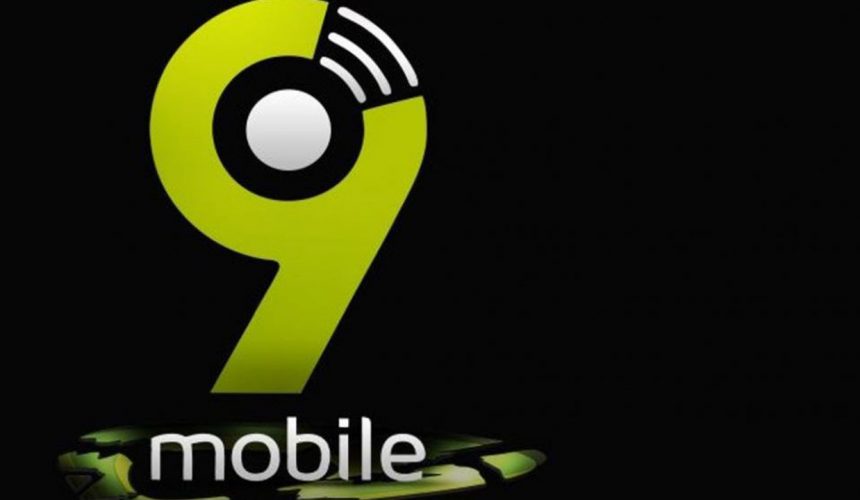By Abimbola Mohammed
Olu Olokun, former Area Manager at London Transport in the United Kingdom/ transportation consultant, has shed light on the challenges facing the Nigerian railway sector. In an exclusive interview with MARKETING EDGE, Olokun shared his expertise on tackling the issues plaguing the Nigeria Railway Corporation (NRC), particularly the scourge of ticket racketeering.
He noted that the issue of ticket racketeering is a pervasive problem that has become a constant thorn in the flesh of commuters, making travel more expensive, stressful, and unpredictable.
In his words: “Traveling by train is a necessary evil for many Nigerians. While it’s affordable and relatively efficient, the experience is often marred by ticket racketeering, making travel more expensive, stressful, and unpredictable.”
According to him, corruption is the root cause of the problem, having deeply infested officials who are supposed to ensure safety, comfort, and quality service.
“The root of this issue is corruption, pure and simple. Cartels, driven by self-interest, create artificial scarcity and inflate prices for personal gain. This manipulative tactic denies genuine passengers access to tickets, forcing them to pay exorbitant rates or miss their trains altogether.
“The impact on commuters is multifaceted. Prices skyrocket due to artificial scarcity, making travel unaffordable for many. Availability becomes a major issue, with limited access to tickets as cartels hoard them for resale at inflated prices. Even when tickets are available, commuters face difficulties securing them, leading to frustration and missed opportunities. But the human cost goes beyond mere inconvenience. The efficiency and reliability of train services suffer as cartels prioritize profits over service.”
Proposing solution to curb deep-rooted corruption in the sector, Olokun said the two strategies to combat ticket racketeering include: “Firstly, privatization can remove government involvement and human interaction in ticket sales, preventing corruption. Secondly, implementing a fully online ticketing system would eliminate human intervention altogether.
“In fact, this approach has already proven successful in other sectors. Most airlines operate online ticketing systems, demonstrating the effectiveness of this model. The Cowrie Card system, used by the Lagos Blue Line service and BRT, is another shining example of cashless transactions reducing corruption and theft.”
By embracing technology and privatization, Olokun believes Nigeria can restore efficiency and reliability to its train services. “Commuters will benefit from affordable, accessible, and stress-free travel. The economy will thrive as productivity increases.”
He also advised commuters to always report any illegal operation they see while trying to use the train: “To achieve this, commuters must take a stand. Report agents selling tickets outside the online system, and demand accountability from authorities. Together, Nigerians can break the stranglehold of ticket racketeering and reclaim their right to safe, affordable, and reliable transportation.”
Olu Olokun is an expert in railway transportation and monitoring, garnered from his experience in London’s transport sector. He has over 30 years’ experience in Advisory, Consultation, Planning, implementation, Commentator and Operational in all things urban transportation and mass movement.
Before retiring as the Area Manager at London Transport in the United Kingdom, he worked as the Operation manager at Hammersmith Group, Kings cross group and Liverpool, and also the Landlord and Acceptance manager of the Elizabeth line in the Central section of London in the Farringdon Area.





Comment
No comments found.